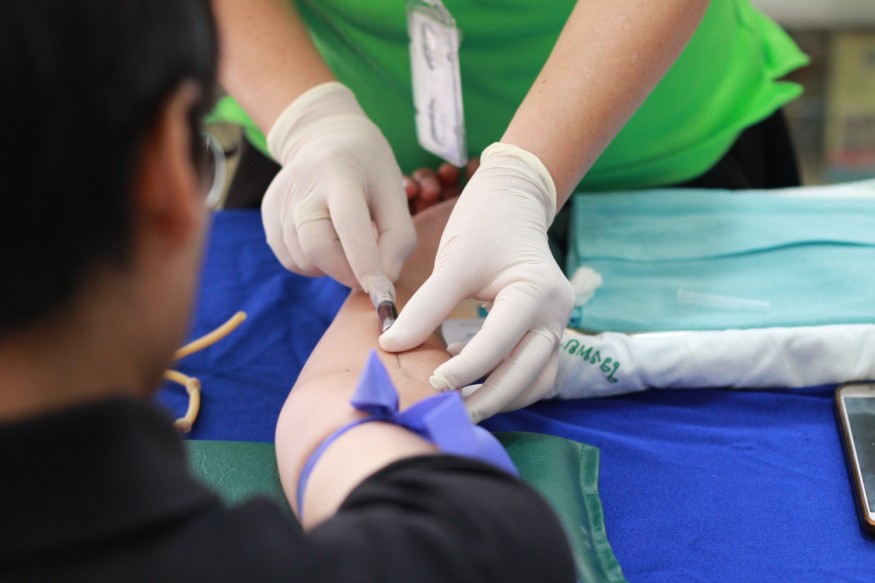
In managing any outbreak, including the coronavirus pandemic, it is crucial to determine the number of infected people and the number of those who exhibit various levels of severity of illness. The answers may be provided by both diagnostic tests and blood testing. A blood test will detect both active infections and past infections based on the presence of antibodies from past infections.
You may see a list of commercially available tests and tests in development here. Icahn School of Medicine virologist Florian Krammer provides an alternative antibody test to commercial ones. It has not been peer-reviewed and evaluated, however, so it cannot yet be used for guiding clinical practice. But a description and directions for its replication are given, with a simple procedure. Other laboratories can use this to screen thousands a day and speed up data collection on specificity and accuracy.
The test was initially administered to three confirmed patients using four blood samples and 59 samples of serum. Initial testing showed that the test works; control samples did not turn up positive; only COVID-19-infected blood did.
The control samples were from people previously infected with other viruses, who ranged from 20 to 70 years of age. Such infections included the NL63 coronavirus that causes cold. Since it had a spike protein that uses the same human receptor cells as SARS-CoV-2, scientists were worried that NL63 antibodies may cause false-positive results. Krammer noted, however, that controls came up negative.
Krammer adds that it is a good thing NL63 antibodies do not react to the SARS-CoV-2 because some viral infections like dengue cause more serious disease if the patient has been exposed previously to a related viral strain and has immunity to that strain. The patient's existing antibodies can overreact dangerously to the new but related virus. This is ADE, or what is called antibody-dependent enhancement. This may explain why SARS-CoV-2 is deadlier in geriatric people compared to children because the former already had more past exposure to other strains of coronaviruses.
The blood test developed by Krammer and his team is using it in their hospital in New York to understand how fast COVID-19 patients develop antibodies against the infection. A future prospect includes identifying recovered individuals who can donate antibody-rich blood for those who are critically ill. The blood test can also identify immune people who can safely be close to patients and serve as frontliners.
Another use for the test involves data collection for modeling the pandemic's course. Currently, predictions vary widely, which cause scientists to doubt the necessity for social distancing and lockdowns. With data from widespread testing, scientists can extrapolate how the virus acts and spreads with time. This data is crucial in decisions on reopening businesses and schools and resuming the normal movement of people.
Blood tests will also determine the length of immunity in recovered or asymptomatic people, which is crucial for determining future vaccination schedules and intervals. Krammer notes that this is because immunity after being infected is strong in the beginning, after which it starts to fade. All of these data will need more testing, and Krammer and colleagues are anxious to test as many samples as they can.
© 2025 NatureWorldNews.com All rights reserved. Do not reproduce without permission.





